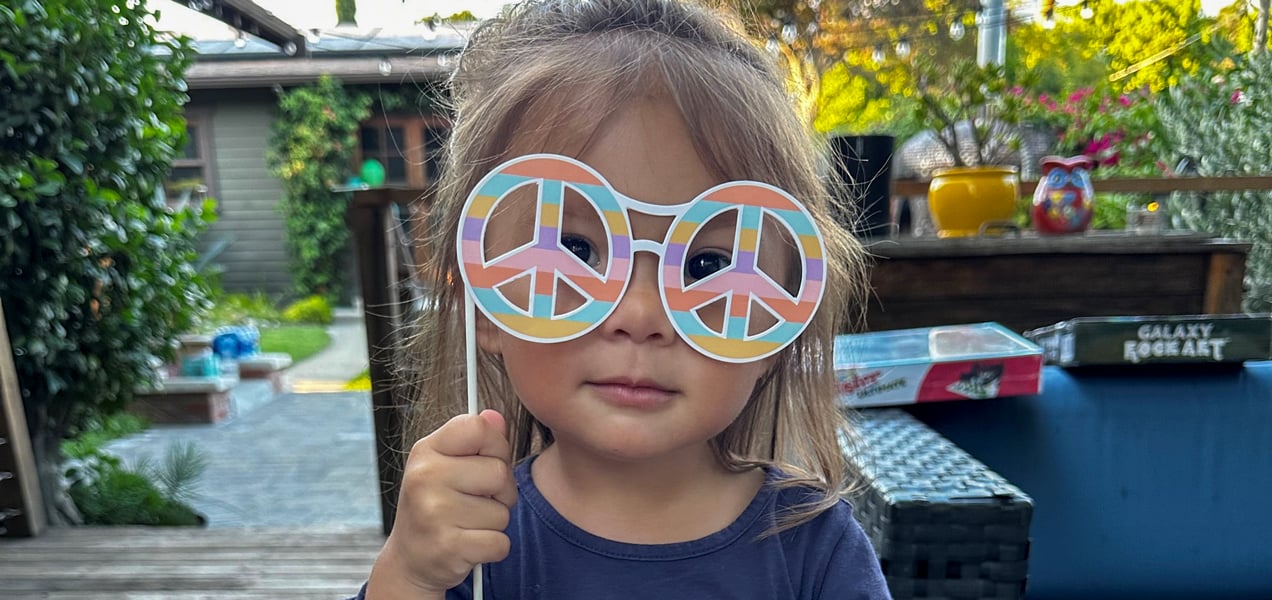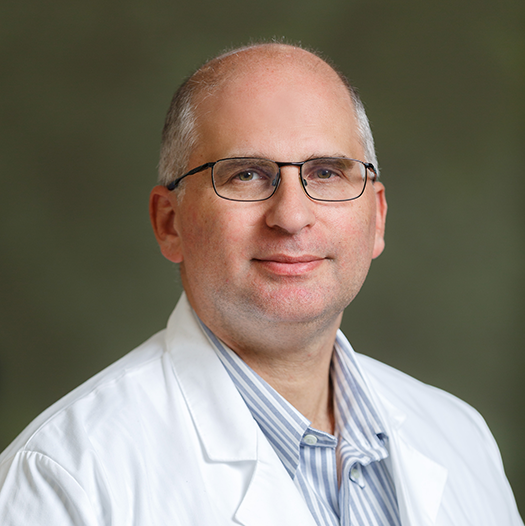
Helping Mia Get Back to Being a Kid

Mia is a busy toddler who loves to play with her older sisters, sing to her dolls and go to the park. Mia’s parents, Sotara and Wilfred, are both physicians on the west coast. Pediatric specialists in California diagnosed Mia with Hirschsprung's disease at 8 months old. It’s a condition that affects the large intestines and makes it difficult to go to the bathroom.
Mia’s parents were frustrated that her condition hadn’t improved after many treatments and hospitalizations. She still needed daily flushes and twice-daily enemas "She was only a year and a half old and tolerated it with distractions,” Sotara says. “But we wondered how long this would last, and if we would want to do this when she was 5 or 8. It wasn’t a way to live.”
Daily care turned the family’s life upside down. Mia was on an extremely limited diet. The situation also limited what her older sisters could do. The family often turned down fun invitations, in order to prevent illness. They wore masks. They avoided travel.
Through an online Hirschsprung's support group, Sotara and Wilfred discovered Marc Levitt, MD, an internationally recognized expert in the surgical care and treatment of pediatric colorectal disorders and chief of the Division of Colorectal & Pelvic Reconstruction at Children's National Hospital. They emailed him late one night.
Dr. Levitt wrote back early the next morning to say he’d take on Mia’s case. “We cried happy tears,” Sotara says. After a series of telehealth visits, the family traveled to Children’s National for three weeks of inpatient care and surgery to correct Mia’s anatomy.
“We tried to capture the look on her face when she got to eat her first pancake — it was like pure ecstasy. It probably tasted like the best thing she'd ever had.”
Back at home, Mia is working on potty training and relaxing her muscles to ease the process. Dr. Levitt has collaborated with Mia’s local specialty care providers throughout her recovery back in California.
“It’s been a journey,” Sotara says. “We are so grateful to Dr. Levitt. Now Mia can enjoy food. She doesn’t have to be in the hospital so much or wear a colostomy bag on her tummy. We don’t have to flush as often. She can be more normal and enjoy things that kids her age do. It feels wonderful, to her and our whole family.”
Mia’s parents were frustrated that her condition hadn’t improved after many treatments and hospitalizations. She still needed daily flushes and twice-daily enemas "She was only a year and a half old and tolerated it with distractions,” Sotara says. “But we wondered how long this would last, and if we would want to do this when she was 5 or 8. It wasn’t a way to live.”
Daily care turned the family’s life upside down. Mia was on an extremely limited diet. The situation also limited what her older sisters could do. The family often turned down fun invitations, in order to prevent illness. They wore masks. They avoided travel.
Through an online Hirschsprung's support group, Sotara and Wilfred discovered Marc Levitt, MD, an internationally recognized expert in the surgical care and treatment of pediatric colorectal disorders and chief of the Division of Colorectal & Pelvic Reconstruction at Children's National Hospital. They emailed him late one night.
Dr. Levitt wrote back early the next morning to say he’d take on Mia’s case. “We cried happy tears,” Sotara says. After a series of telehealth visits, the family traveled to Children’s National for three weeks of inpatient care and surgery to correct Mia’s anatomy.
“We tried to capture the look on her face when she got to eat her first pancake — it was like pure ecstasy. It probably tasted like the best thing she'd ever had.”
Back at home, Mia is working on potty training and relaxing her muscles to ease the process. Dr. Levitt has collaborated with Mia’s local specialty care providers throughout her recovery back in California.
“It’s been a journey,” Sotara says. “We are so grateful to Dr. Levitt. Now Mia can enjoy food. She doesn’t have to be in the hospital so much or wear a colostomy bag on her tummy. We don’t have to flush as often. She can be more normal and enjoy things that kids her age do. It feels wonderful, to her and our whole family.”
Mia's Care Team Departments
Mia's Care Team
This is a carousel. Use Next and Previous buttons to navigate, or jump to a slide with the slide dots.


Be the Reason a Child Smiles
Every day at Children’s National Hospital, lives are changed through compassionate care and groundbreaking discoveries. Your charitable donation helps us deliver expert treatment and hope to thousands of children and families.
Meet the patients whose stories inspire us—and see the difference your support makes.




